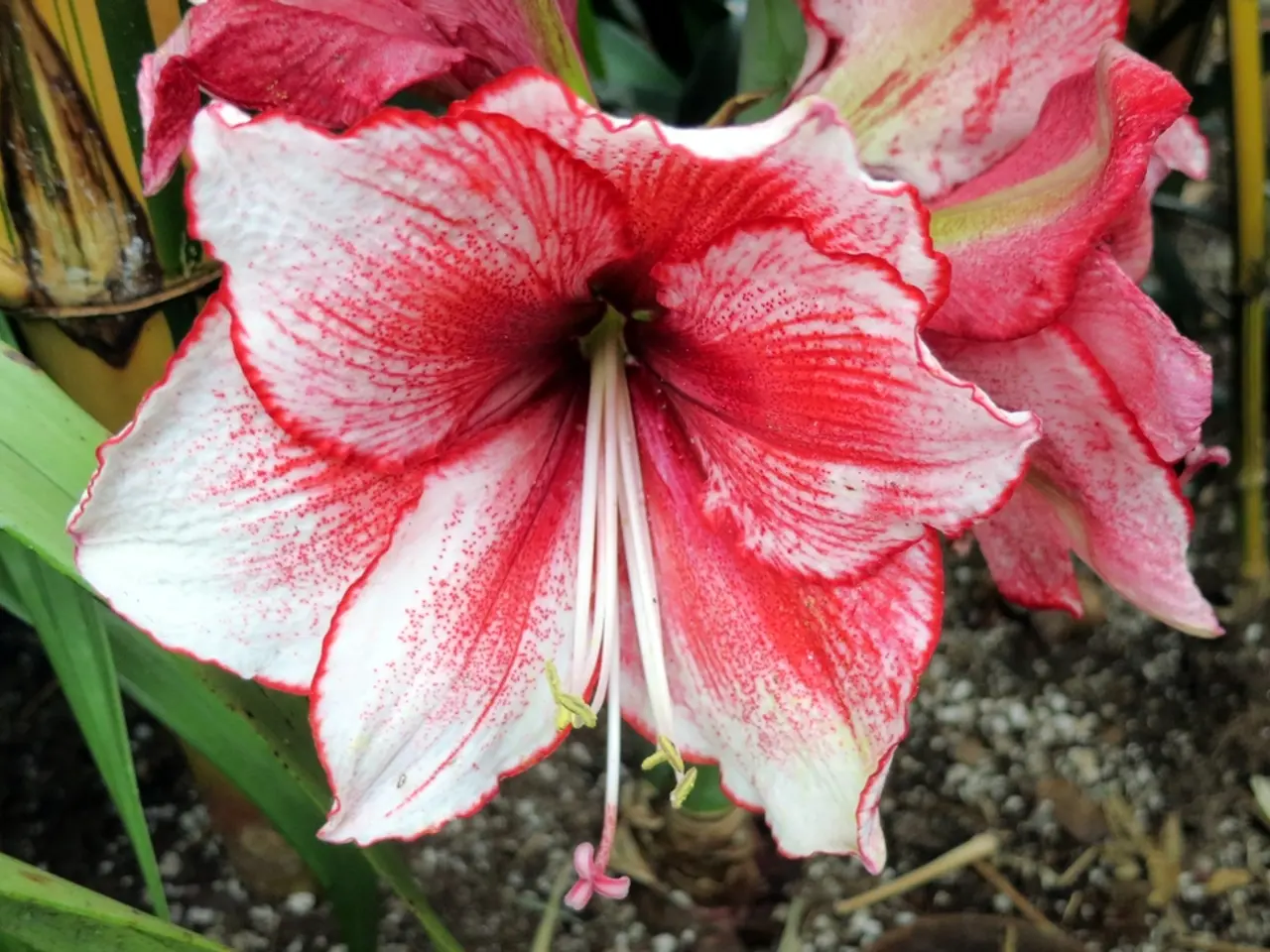Enriched Soil with Phosphorus: Enhancing Growth in Plants
In the world of organic gardening, maintaining soil health and nutrient balance is crucial for optimal plant growth. Here's a breakdown of how to effectively use three common organic fertilizers: rock phosphate, fish emulsion, and manure.
Rock Phosphate
Rock phosphate, a natural, slow-release source of phosphorus and calcium, is an excellent choice for organic gardening. To reap the benefits, apply it before planting or during early spring. Mix it into the soil surface or backfill soil rather than just topping it, as this helps nutrient integration and uptake.
For best results, use rock phosphate in combination with compost or other organic fertilizers to improve soil structure and nutrient balance. Ensure the product meets organic certification standards, such as those approved by the Organic Materials Review Institute. The nutrient release is slow and gradual, so benefits are more apparent over time rather than immediately.
Fish Emulsion
Fish emulsion, an organic fertilizer made from fish by-products, offers a quick phosphorus boost. However, it's essential to dilute it with water before application to prevent potential harm to plants. Making fish emulsion at home is possible using a simple process, albeit one that is time-consuming.
Manure
Manure, whether from cows, pigs, sheep, or chickens, is another valuable organic fertilizer. It adds phosphorus and other essential nutrients to the soil. For edible crops, apply manure several months before harvesting to allow it to break down and avoid potential contamination.
Well-rotted or composted manure is crucial to prevent burning plants and spreading pathogens. Manure can be mixed into the soil or spread on top as a mulch. Fresh manure can contain high levels of ammonia, which can harm plants and humans.
Animal manure, especially from chickens or sheep, is rich in phosphorus and provides additional organic matter to the soil. The amount of manure to use depends on the type of manure and the nutrient requirements of your plants.
Phosphorus Fertilizers
For soils that need rapid supplementation, phosphorus fertilizers such as superphosphate and triple superphosphate provide a quick boost of phosphorus. On the other hand, bone meal, a natural source of phosphorus made from ground animal bones, is a slow-release fertilizer.
It's important to test your soil to ensure you're not adding too much phosphorus, as this can cause an imbalance with other nutrients. By following these guidelines, you can create a thriving organic garden that's both sustainable and rich in nutrients.
[1] Organic Gardening: A Practical Guide to Planting, Caring for, and Harvesting Nature's Most Delicious Foods. (2018). Rodale Books. [2] The Organic Gardener's Handbook of Natural Insect and Disease Control. (2018). Rodale Books. [3] The Organic Gardener's Guide to Companion Planting. (2016). Quarry Books. [4] Organic Materials Review Institute. (n.d.). Certified Products List. Retrieved from https://omri.org/products [5] The Organic Gardener's Bible. (2017). Rodale Books.
In the realm of organic home-and-garden lifestyle, incorporating organic gardening techniques, such as the use of rock phosphate, fish emulsion, and manure, can significantly improve soil health and nutrient balance for optimal plant growth. By following the proper applications and combining these organic fertilizers with compost or other organic matter, one can create a thriving and sustainable garden.






